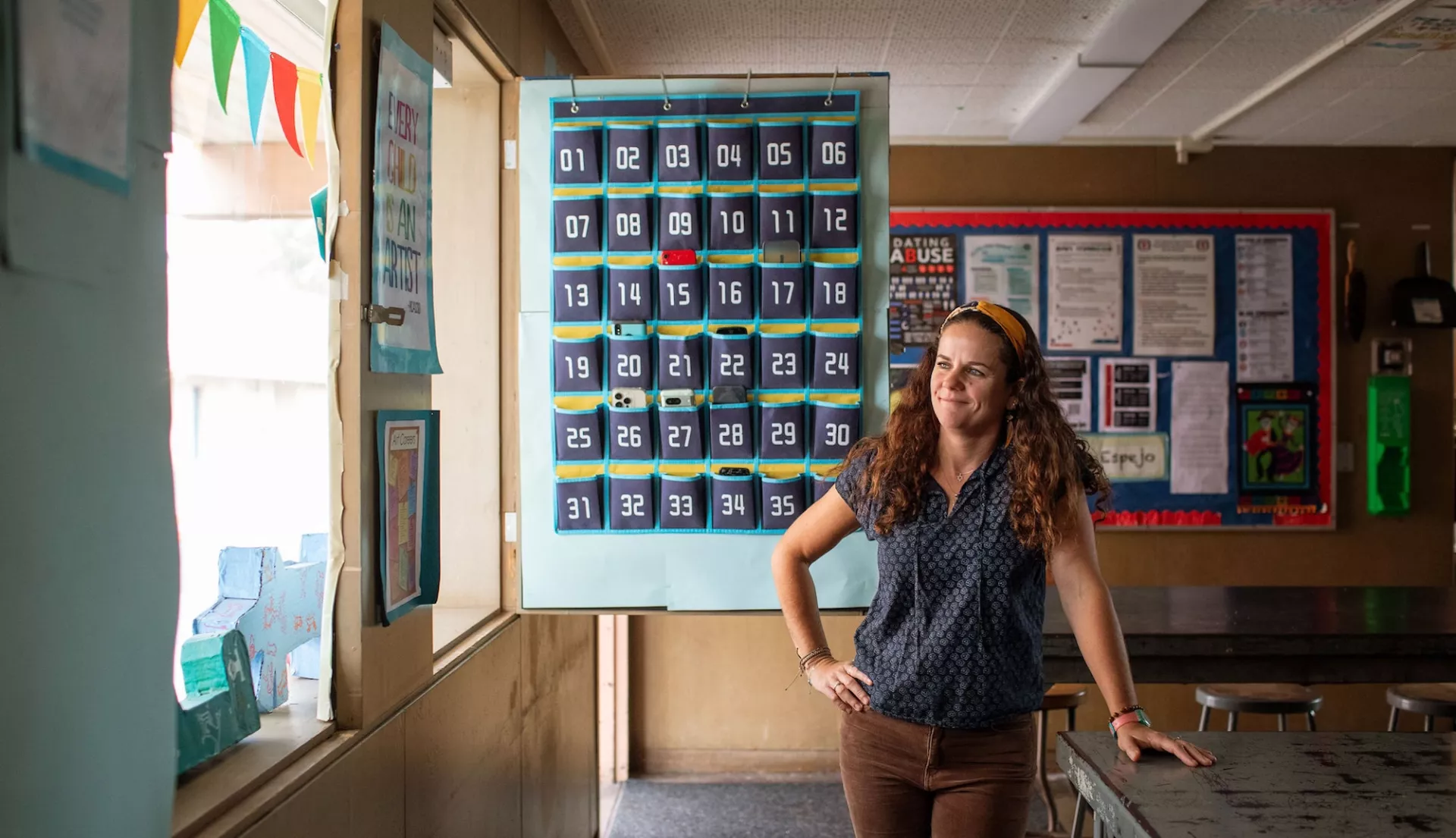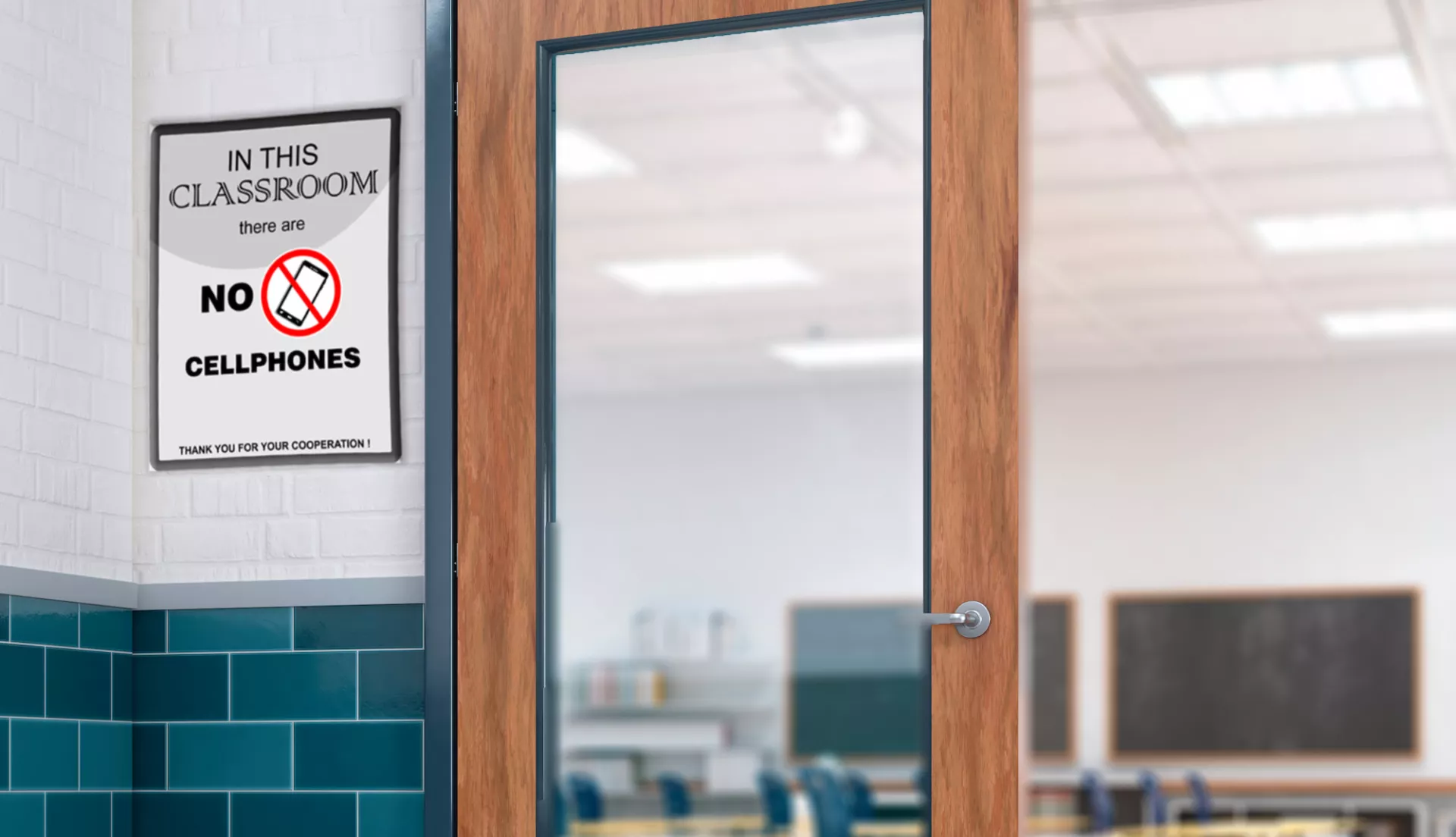Educators Speak Out on Social Media, Cellphones, and Mental Health
NEA surveyed 2,889 members working in K–12 schools about the impact of cellphones and social media on their students. The spring 2024 survey identified four main areas of concern: student mental health, student safety and behavior, social skills, and the overall learning environment. Here’s what these NEA members had to say:
For the complete survey results, visit nea.org/impact. For more resources, go to NEA.org/Healthy-Schools.

Education News Relevant to You
We're here to help you succeed in your career, advocate for public school students, and stay up to date on the latest education news and trends. Browse stories by topic, access the latest issue of NEA Today magazine, and celebrate educators and public schools.
Get more from

We're here to help you succeed in your career, advocate for public school students, and stay up to date on the latest education news. Sign up to stay informed.





